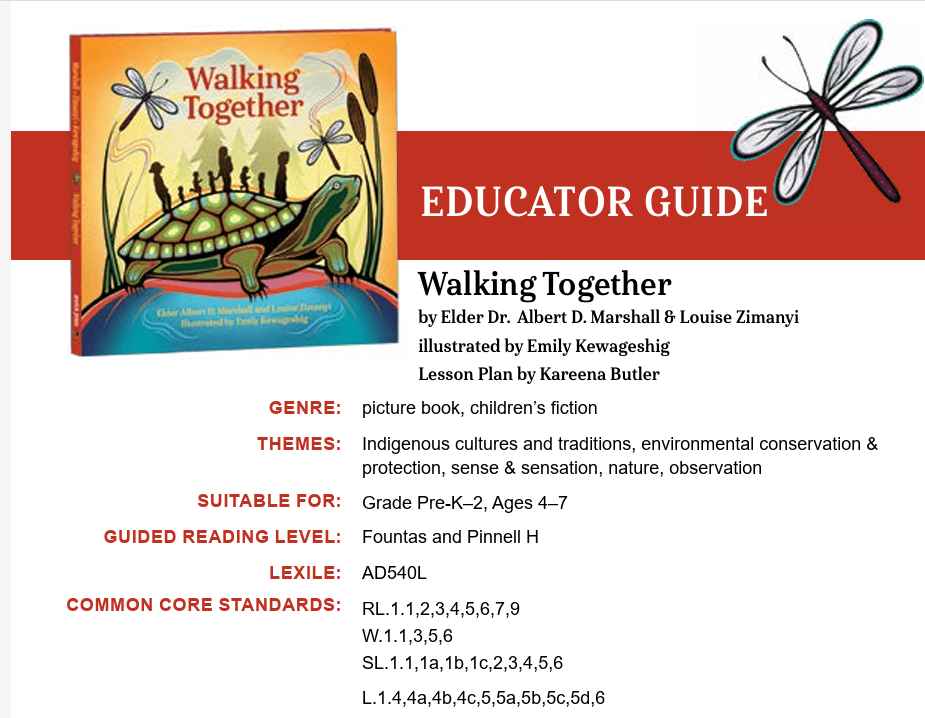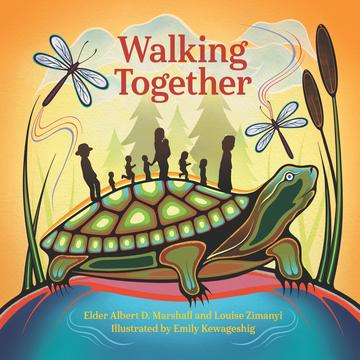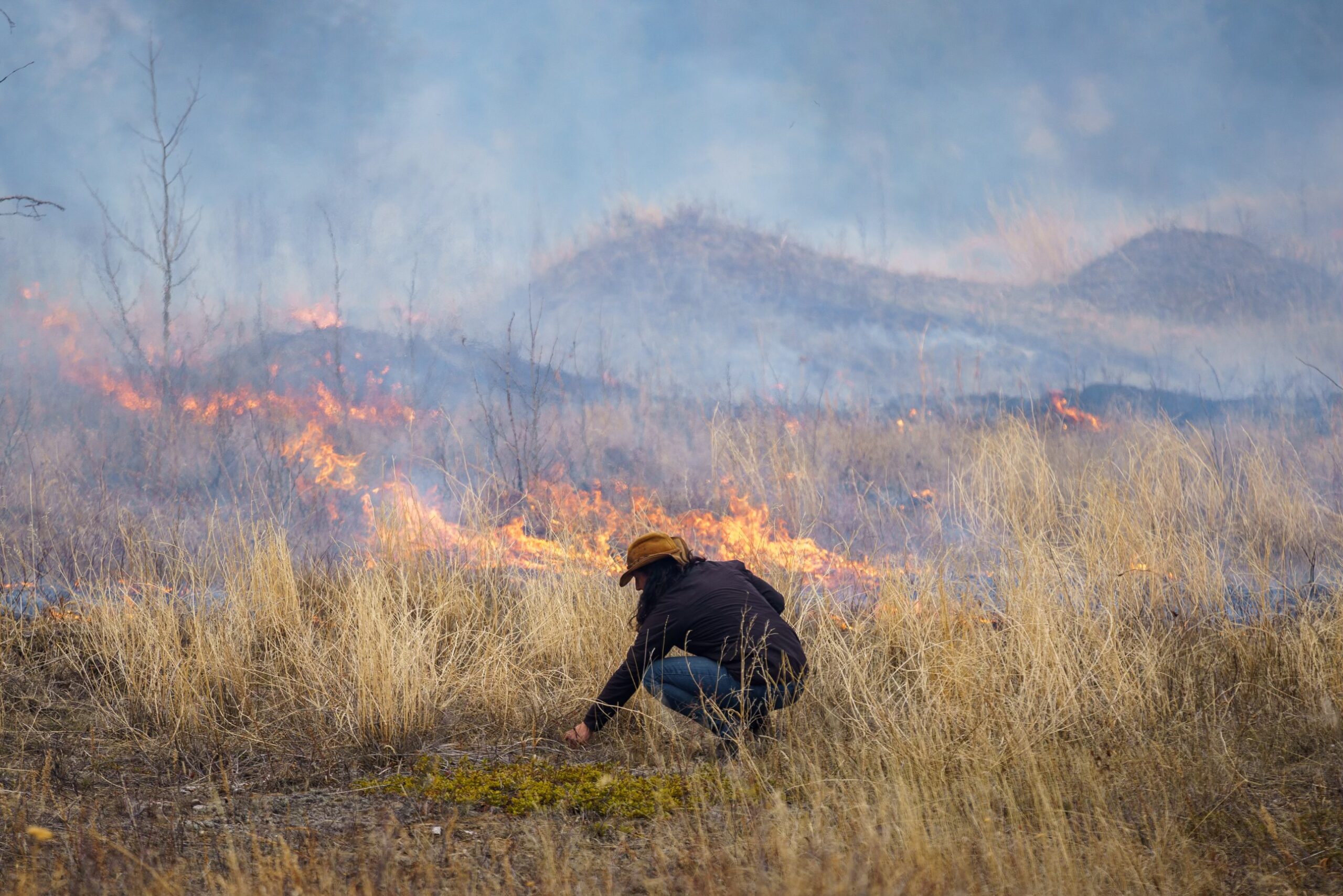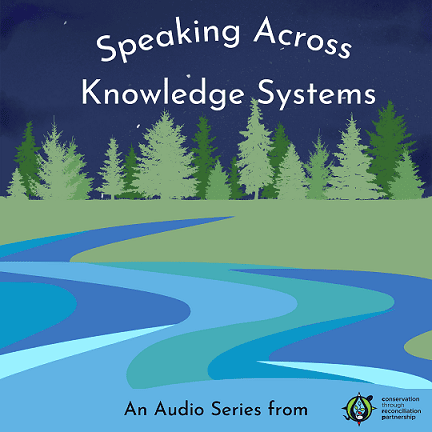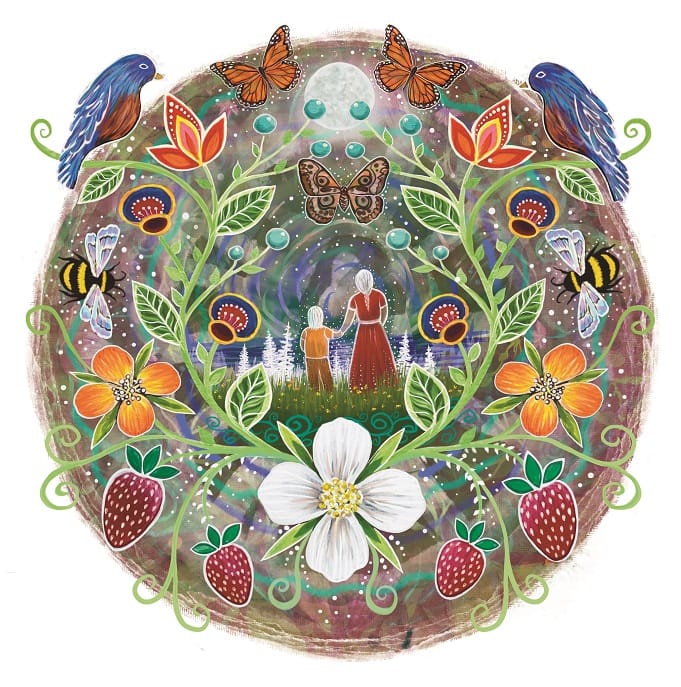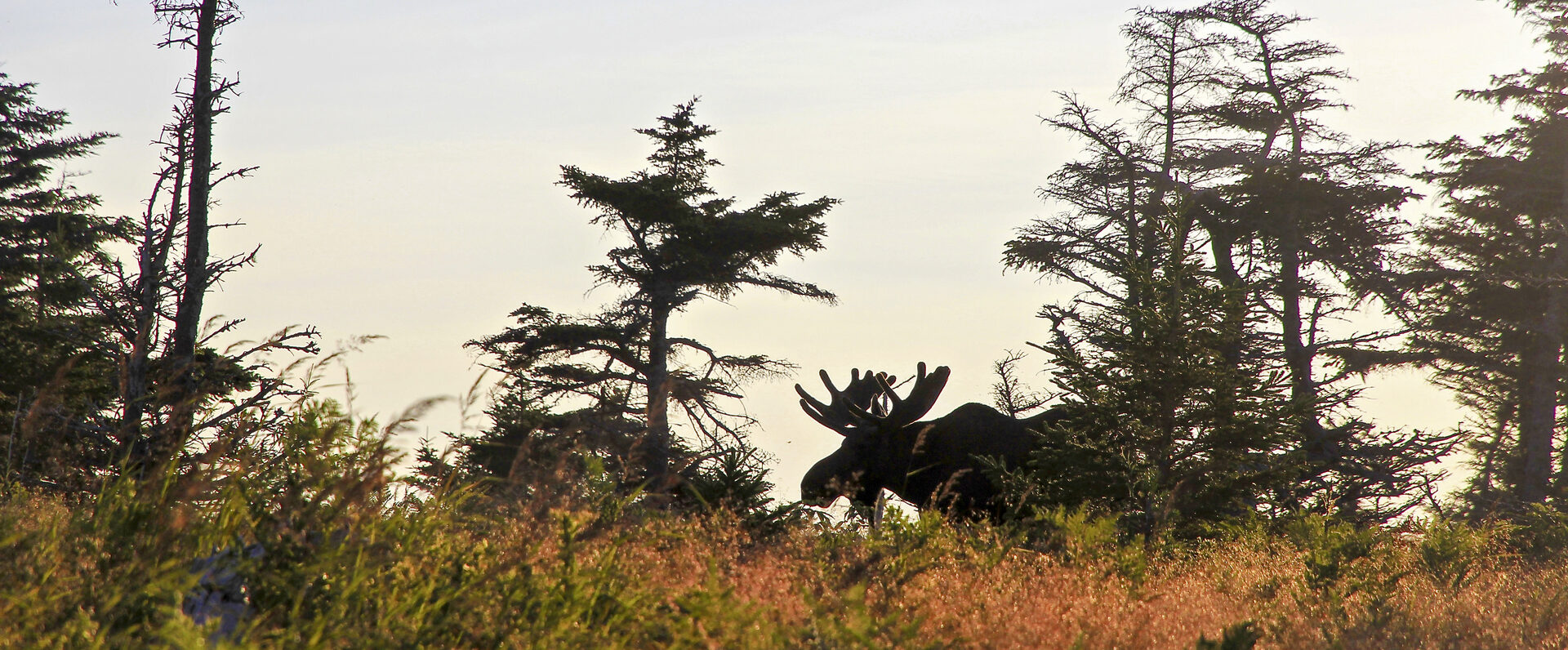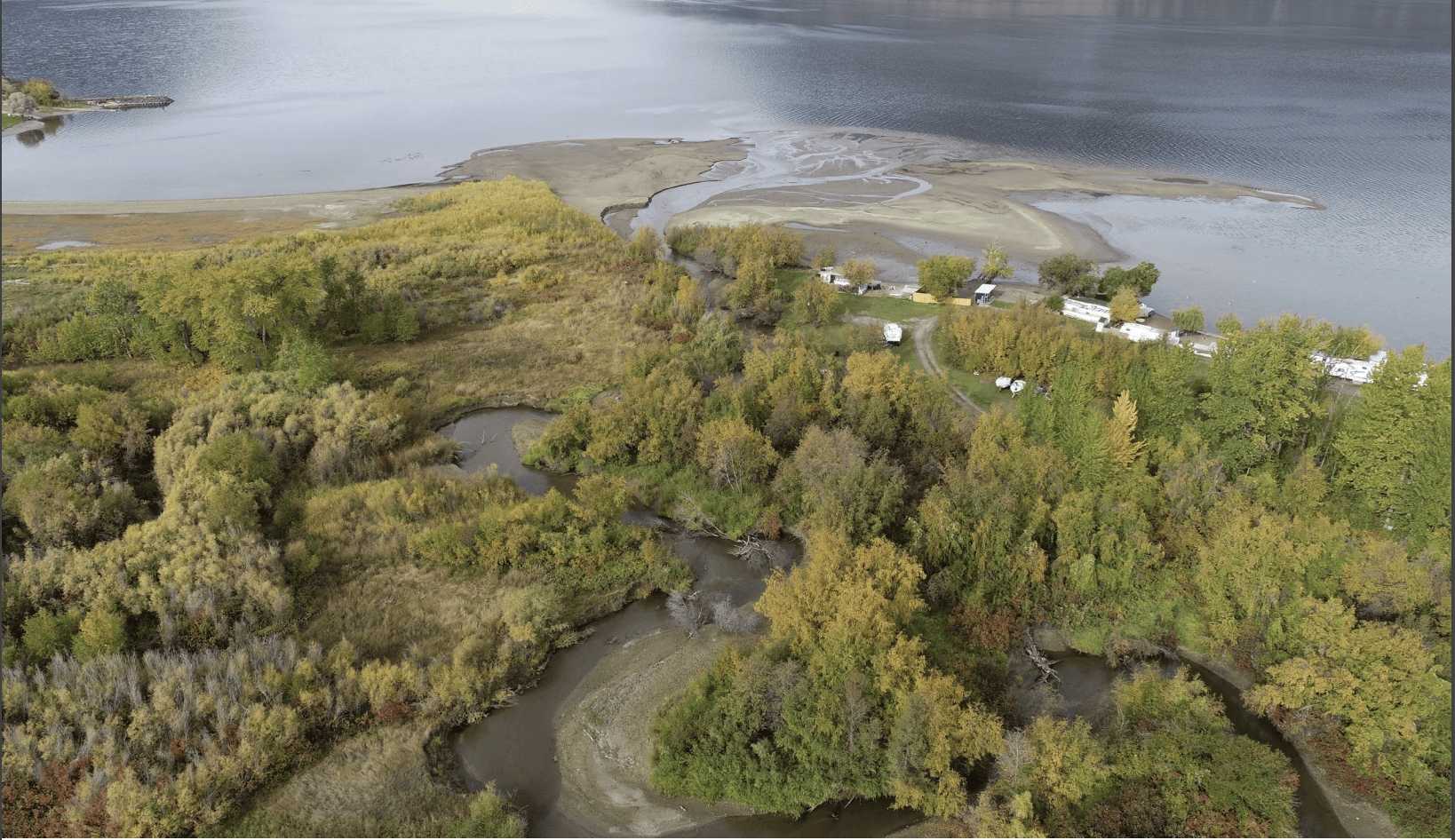Walking Together: Educator Guide
This is an Educator's Guide for the picture book, entitled Walking Together by Elder Dr. Albert D. Marshall and Louise Zimanyi, and illustrated by Emily Kewageshig. It is suitable for students in Pre-Kindergarten to Grade 2 (or ages 4–7).

